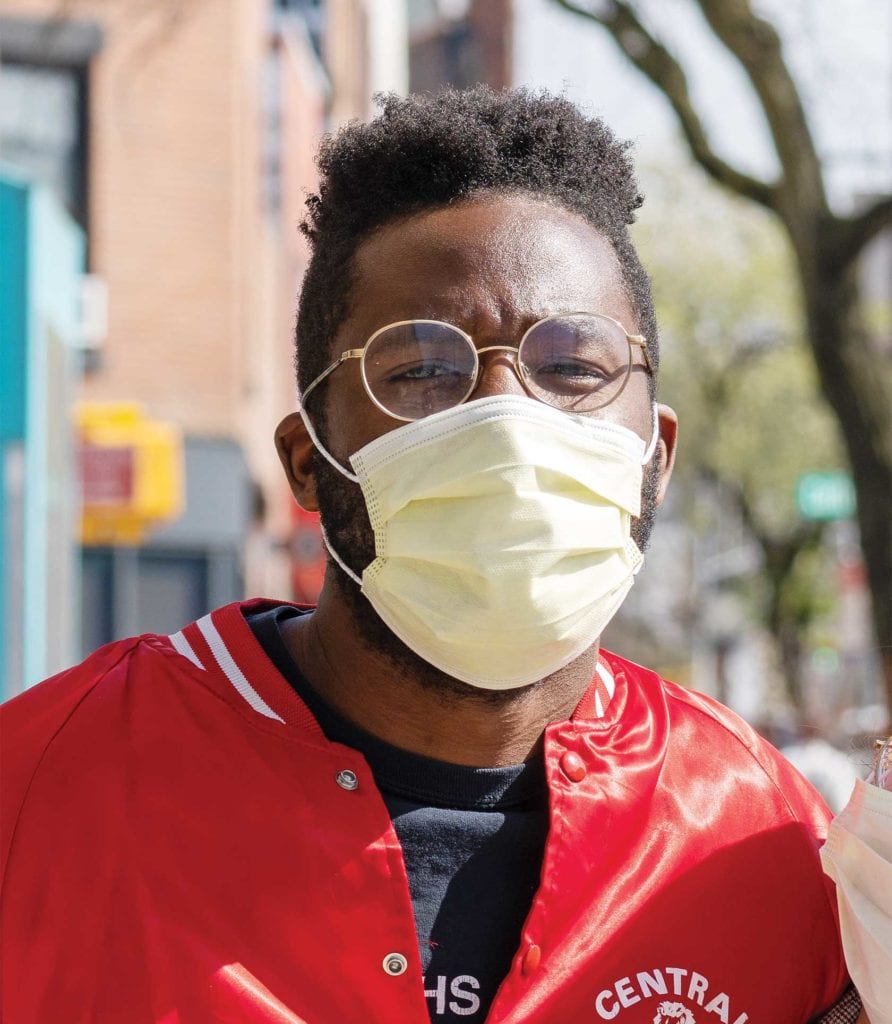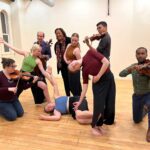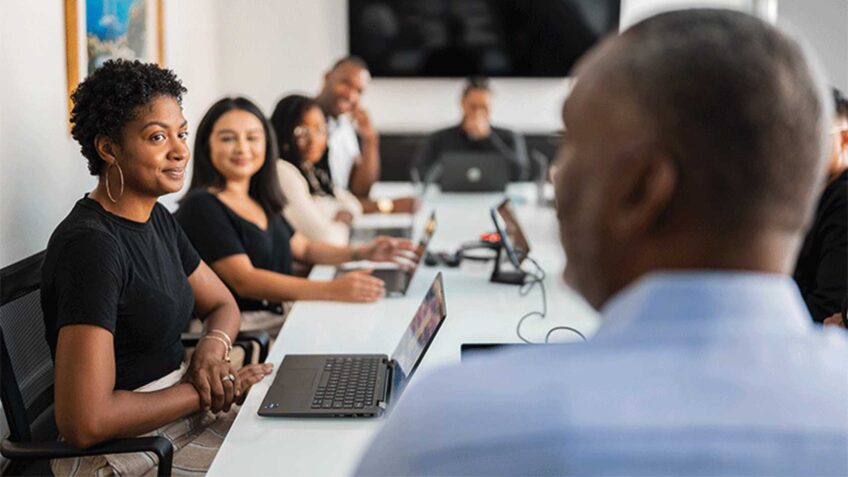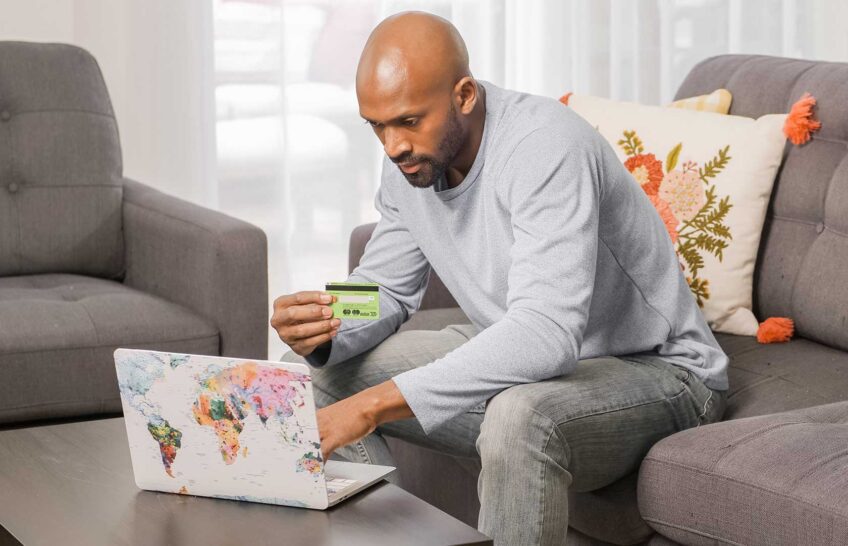
By Dr. Margaret Riley
- Black residents of Greater Boston have been disproportionately impacted by the COVID-19 pandemic
- The Community Tracing Collaborative was recently launched by the Commonwealth of Massachusetts to protect residents and slow the spread of the coronavirus, particularly in black and brown communities that have been hit hardest.
- For the black community, in addition to contact tracing, we need very specific outreach to our populations. This must be done through organizations such as churches and community health center networks.
Black residents of Greater Boston have been disproportionately impacted by the COVID-19 pandemic, creating a crisis that requires major education and health efforts to further stem the outbreak in our communities.
Our survival depends on it.
Consider that black residents make up just 22 percent of Boston’s population, but account for 42 percent of all COVID-19 cases in the city, according to data from the Boston Public Health Commission.
This is likely because black residents have higher instances of chronic diseases that put their immune systems at risks. They also work in jobs that are deemed essential, such as transportation, sanitation and food service, putting them in constant contact with others, through no fault of their own.
And our residents also frequently live with friends and family members in densely populated neighborhoods where social distancing can be difficult. In fact, 61 percent of Boston’s COVID-19 positive patients are from Dorchester, Roxbury, Hyde Park and Mattapan.
As a Dorchester-area doctor, I often hear expressions of fear and uncertainty in the voices of my patients, especially when it comes to COVID-19. They are anxious about the virus, as well as the programs the government has put in place to track it.
That’s why it’s so critical we give people the fundamentals about the virus and the need for tools such as contact tracing that could save thousands of lives in our communities, if used correctly.
The Community Tracing Collaborative was recently launched by the Commonwealth of Massachusetts to protect residents and slow the spread of the coronavirus, particularly in black and brown communities that have been hit hardest. In collaboration with local boards of health in every city and town, the Collaborative is embarking on a first-in-the-nation contact tracing campaign against COVID-19.
Through this program, more than 1,600 callers have been hired to reach out to confirmed positive COVID-19 patients and their close contacts, and the program has already made more than 25,000 calls. This includes friends, colleagues and family members of COVID-positive patients, to help protect others who have been potentially exposed.
The state Department of Public Health has teamed up with Partners In Health, a highly trusted and respected organization that has done work to help stop previous outbreaks across the globe. Together they created the Community Tracing Collaborative in Massachusetts, with a team of callers known as the MA COVID Team.
Our community’s participation in contact tracing will not only help connect patients to medical support, it will also protect loved ones and family members to keep the community-at-large safe. In essence, words spread faster than the virus, and that’s why the state’s program is essential.
For the black community, in addition to contact tracing, we need very specific outreach to our populations. This must be done through organizations such as churches and community health center networks.
It’s critical that people receive simple language on the virus and how it gets transmitted through the air, nose and mouth, potentially within six feet of others. We also need to circulate statistics on how our community is being hit the hardest, to help drive the crisis home.
When I see fathers and mothers come into my clinic at the Harvard Street Neighborhood Health Center, they are seeing death and don’t know what to make of it. They don’t understand why this virus is so different from the cold or the flu. This is precisely why we need to spend the time explaining it to them through trusted voices and outlets, such as the Bay State Banner.
Our government must step up and make the COVID infection rates in the black community a project of focus. This can be done through educational placards, utilizing community health centers and churches to reinforce the need for physical distancing, wearing masks and washing our hands often. Our young brothers and sisters also need to heed the call of duty to protect their loved ones, particularly elders who are more susceptible to the virus and fatality.
Any contact tracing efforts should be respectful, minimize stigma, not appear punitive and hopefully be done in a trusting partnership.
This virus has not only wreaked havoc on our families economically, it also strikes at the heart of many of the innate and universal human needs for warmth, affection, companionship and socialization.
Let’s come together to support common-sense programs like community-based testing and contact tracing, in the context of comprehensive treatment, to stem the tide of coronavirus in our most vulnerable neighborhoods.
Dr. Margaret Riley is a psychiatrist at Harvard Street Neighborhood Health Center

![Banner [Virtual] Art Gallery](https://baystatebanner.com/wp-content/uploads/2024/04/NJ-H_1-150x150.jpg)




